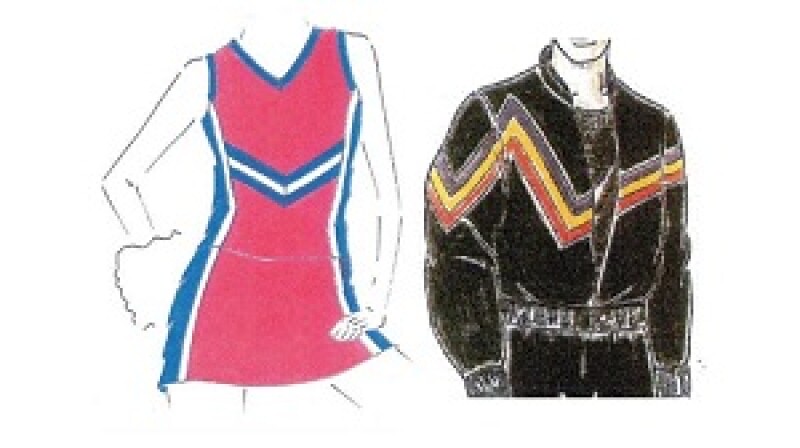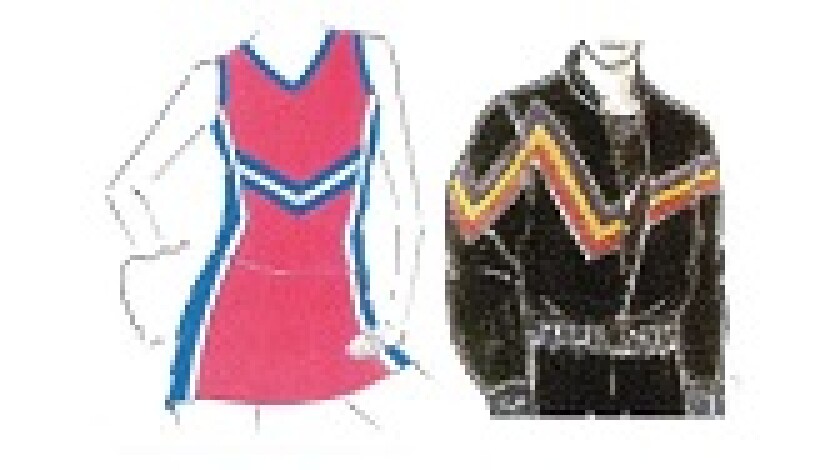
"It is important because the court may well strike out on a new course or at least throw its determinative hat in the ring on how to approach useful articles more generally," says Robert Brauneis of The George Washington University Law School, who will be presenting the session.
Brauneis says it is likely that the court will find that there is some copyrightable content in the cheerleader uniforms. "What is going to be more important is what approach the court blesses in thinking about useful articles more generally," he says.
Circuit courts have come up with nine different approaches for how to address this issue. One approach is to try to peek into the mind of the designer to ask whether they were influenced by functional considerations or not. A different approach is to look at the purchasers of the work and ask whether they are simply buying it for utilitarian purposes.
Brauneis says these types of issues come up frequently. "This isn't just about cheerleader uniforms or even clothing more generally, though the fashion industry is going to be following this particularly closely. It is not happy about the limits on copyright protection for fashion in the US," he says. "Automobile manufacturers, for example, will also be interested because they have big issues with what are the limits of copyright protection for useful things. The cases about useful articles have run the gamut from bicycle racks to water pitchers to all sorts of things that people have wanted to own copyright in and that others have wanted to copy without having to deal with licensing."
Another Supreme Court copyright case this year was its second ruling in the Kirtsaeng v John Wiley & Sons dispute over whether foreign textbooks could be resold in the US at a lower price. This was ruled to not be infringement in 2013. In June this year, the Supreme Court issued guidance for awarding attorneys' fees in copyright cases that said district courts should have the discretion to "make a particularized case-by-case assessment."
"The Supreme Court has shifted the standard slightly more favorably towards the award of attorneys' fees," says Brauneis. "As a general background rule under US law prevailing parties don't get attorneys' fees. But there is a provision in the Copyright Act that says that courts can award the prevailing party attorneys' fees. Even given that provision you could set the standard either more or less favorably towards getting attorneys' fees, and they have pushed it further in the direction of more favorably."










